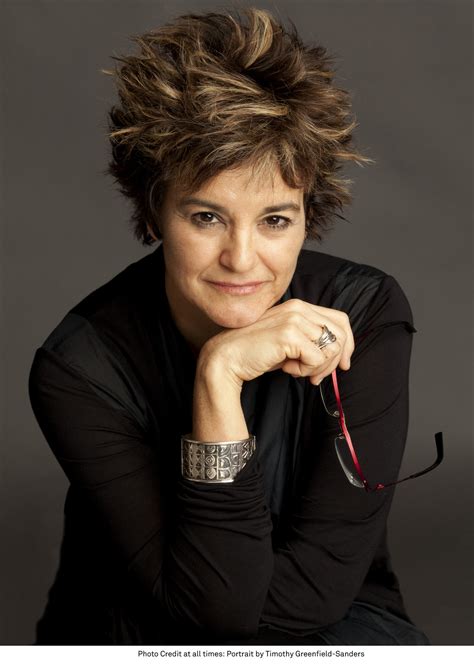A Quote by Ishmael Reed
The last publicized center of American writing was Manhattan. Its writers became known as the New York Intellectuals. With important connections to publishing, and universities, with access to the major book reviews, they were able to pose as the vanguard of American culture when they were so obsessed with the two Joes--McCarthy and Stalin--that they were to produce only two artists, Saul Bellow and Philip Roth, who left town.
Quote Topics
Related Quotes
At one point I would read nothing that was not by the great American Jews - Saul Bellow, Philip Roth - which had a disastrous effect of making me think I needed to write the next great Jewish American novel. As a ginger-haired child in the West of Ireland, that didn't work out very well, as you can imagine.
I have some advantages of viewing from the two lenses, the two perspectives. I think that a lot of visual artists who come back here from the United States and are Cambodian also write from their American references - looking inside the old culture, and looking at themselves as an American looking into the country where they were born.
We know that there were so many Japanese American soldiers in World War II who were fighting in Europe despite the fact that their families, their parents were back home in American prison camps. It's savagely ironic that between themselves and the African-American soldiers, who were also segregated and didn't see the fruition of the work the culminated in the Civil Rights Act until the '60s, that these American heroes and their stories are not well known; and the fact that the 442nd/100th became the most decorated unit in U.S. history.
During the process of writing the book, I had this experience that was telling for me. I got it and the basic idea and got the plots and everything, but I wasn't sure who the audience was. I exist in this other world - in the book publishing and magazine world of people who would make fun of this project. We were driving home after two weeks in Maine, and we stopped in a gas station in Massachusetts and saw that Snooki had just been arrested. It was a surreal moment. My last few weeks were spent trying to get in this person's head, and there she was in on the cover of the New York Post .
America is the big subject of the second half of the 20th century, tackled in one form or another by all the great American male writers. You could make a case for saying that it was the only game in town - from Bellow to Roth to Updike to Richard Ford - America was more or less explicitly the leitmotif.
American banks may have been unable to supply adequate loans, but the Rothschild consortium in Britain was both able and willing. It was during this time that the Rothschilds were consolidating their new industrial holdings in the United States through their agent, August Belmont. Derek Wilson tells us: "They owned or had major shareholdings in Central American ironworks, North American canal construction companies, and a multiplicity of other concerns. They became the major importers of bullion from the newly discovered goldfields".
Roth Unbound is filled with intelligent readings and smart judgments. Because of the author's sympathy and sharp mind, it offers real insight into the creative process itself, and into Philip Roth's high calling as a great American artist. The book is, in some ways, a radical rereading of Roth's life and his work. It is impossible, by the end, not to feel a tender admiration for Roth as a novelist and indeed for Claudia Roth Pierpont as an empathetic and brilliant critic.
A lot of the reason I left New York, in addition to being so broke, was that I just felt I was becoming provincial in that way that only New Yorkers are. My points of reference were really insular. They were insular in that fantastic New York way, but they didn't go much beyond that. I didn't have any sense of class and geography, because the economy of New York is so specific. So I definitely had access and exposure to a huge variety of people that I wouldn't have had if I'd stayed in New York - much more so in Nebraska even than in L.A.
It seems to me that you are better off, as a writer and as an American, in a small town than you'd be in New York. I thoroughly detest New York, though I have to go there very often.... Have you ever noticed that no American writer of any consequence lives in Manhattan? Dreiser tried it (after many years in the Bronx), but finally moved to California.
If I were doing somebody else's script or I adapted a book by Philip Roth, on set there could be a million different interpretations of the material and people could argue with me. Certainly on Synecdoche, New York we had discussions and arguments, but I felt like I had authority because I'm a writer.







































